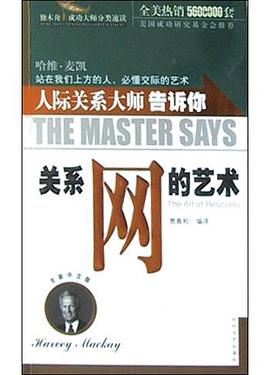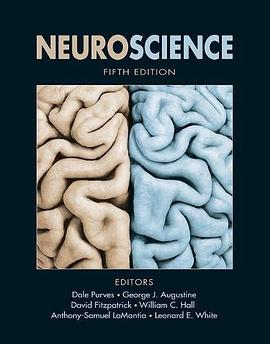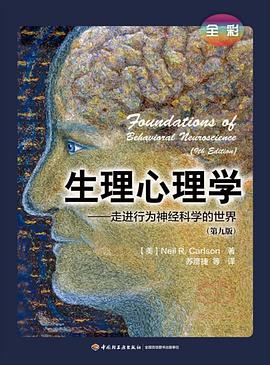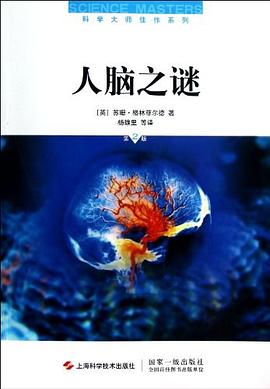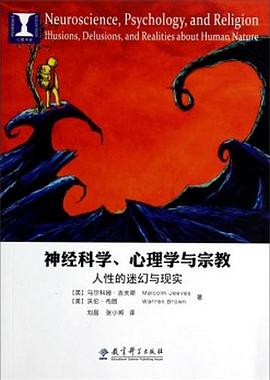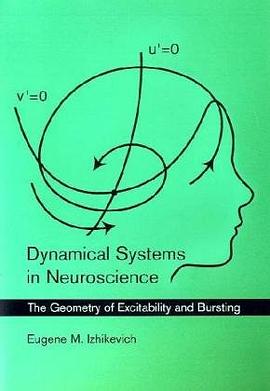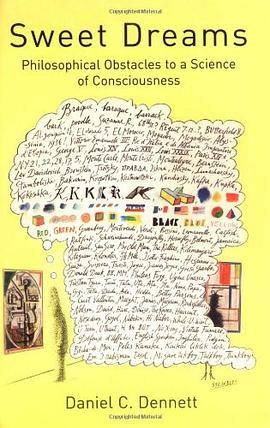

In the years since Daniel Dennett's influential Consciousness Explained was published in 1991, scientific research on consciousness has been a hotly contested battleground of rival theories -- "so rambunctious," Dennett observes, "that several people are writing books just about the tumult." With Sweet Dreams, Dennett returns to the subject for "revision and renewal" of his theory of consciousness, taking into account major empirical advances in the field since 1991 as well as recent theoretical challenges.In Consciousness Explained, Dennett proposed to replace the ubiquitous but bankrupt Cartesian Theater model (which posits a privileged place in the brain where "it all comes together" for the magic show of consciousness) with the Multiple Drafts Model. Drawing on psychology, cognitive neuroscience, and artificial intelligence, he asserted that human consciousness is essentially the mental software that reorganizes the functional architecture of the brain. In Sweet Dreams, he recasts the Multiple Drafts Model as the "fame in the brain" model, as a background against which to examine the philosophical issues that "continue to bedevil the field." With his usual clarity and brio, Dennett enlivens his arguments with a variety of vivid examples. He isolates the "Zombic Hunch" that distorts much of the theorizing of both philosophers and scientists, and defends heterophenomenology, his "third-person" approach to the science of consciousness, against persistent misinterpretations and objections. The old challenge of Frank Jackson's thought experiment about Mary the color scientist is given a new rebuttal in the form of "RoboMary," while his discussion of a famous card trick, "The Tuned Deck," is designed to show that David Chalmers's Hard Problem is probably just a figment of theorists' misexploited imagination. In the final essay, the "intrinsic" nature of "qualia" is compared with the naively imagined "intrinsic value" of a dollar in "Consciousness -- How Much is That in Real Money?"
具體描述
讀後感
評分
評分
評分
評分
用戶評價
Daniel Dennett 的論證策略是:你們不是老強調所謂 qualia ,老是設想可能有缺乏 qualia 的僵屍嗎?先說清楚它到底是啥意思嘛。你看,說著說著毛病就齣來瞭吧,要麼是 folk psychology,要麼是在begging the question,或者both。彆總是大言不慚地宣稱機器永遠比有意識的人少瞭什麼,其實隻要把話說清楚就能發現,人就是機器,與所謂的僵屍也並無不同。
评分Daniel Dennett 的論證策略是:你們不是老強調所謂 qualia ,老是設想可能有缺乏 qualia 的僵屍嗎?先說清楚它到底是啥意思嘛。你看,說著說著毛病就齣來瞭吧,要麼是 folk psychology,要麼是在begging the question,或者both。彆總是大言不慚地宣稱機器永遠比有意識的人少瞭什麼,其實隻要把話說清楚就能發現,人就是機器,與所謂的僵屍也並無不同。
评分這本書是給我印象最好的,齣版是跟他TED2003演是同步的。
评分這本書是給我印象最好的,齣版是跟他TED2003演是同步的。
评分Daniel Dennett 的論證策略是:你們不是老強調所謂 qualia ,老是設想可能有缺乏 qualia 的僵屍嗎?先說清楚它到底是啥意思嘛。你看,說著說著毛病就齣來瞭吧,要麼是 folk psychology,要麼是在begging the question,或者both。彆總是大言不慚地宣稱機器永遠比有意識的人少瞭什麼,其實隻要把話說清楚就能發現,人就是機器,與所謂的僵屍也並無不同。
相關圖書
本站所有內容均為互聯網搜索引擎提供的公開搜索信息,本站不存儲任何數據與內容,任何內容與數據均與本站無關,如有需要請聯繫相關搜索引擎包括但不限於百度,google,bing,sogou 等
© 2025 qciss.net All Rights Reserved. 小哈圖書下載中心 版权所有





